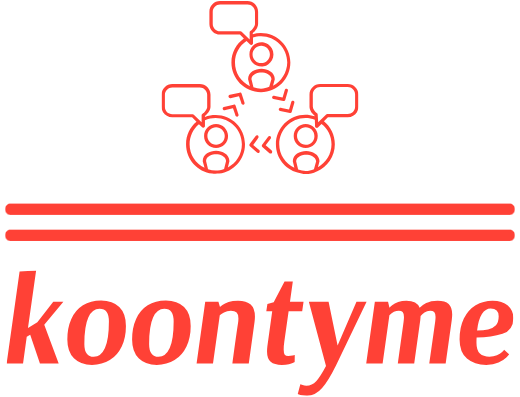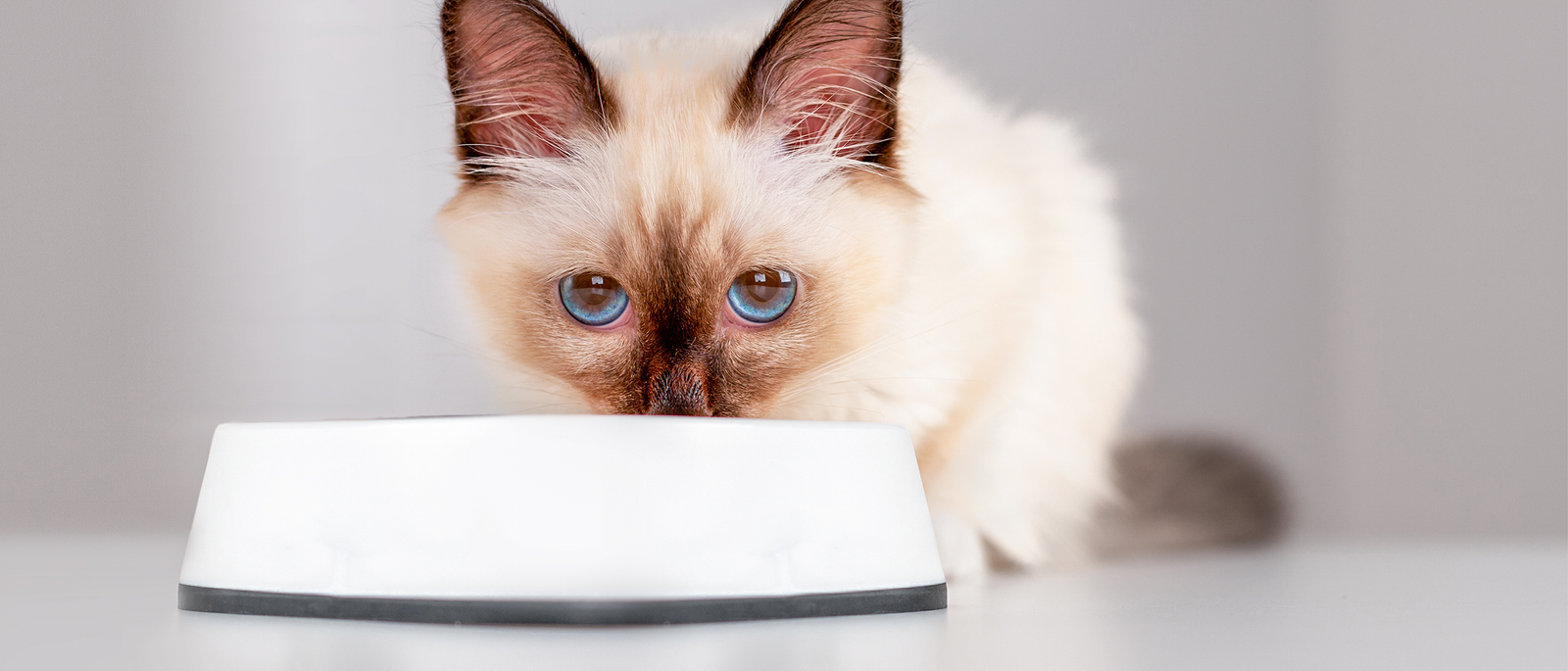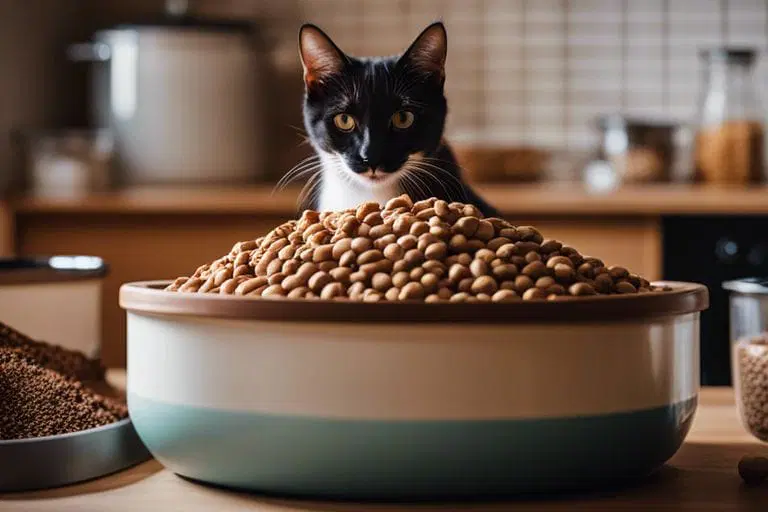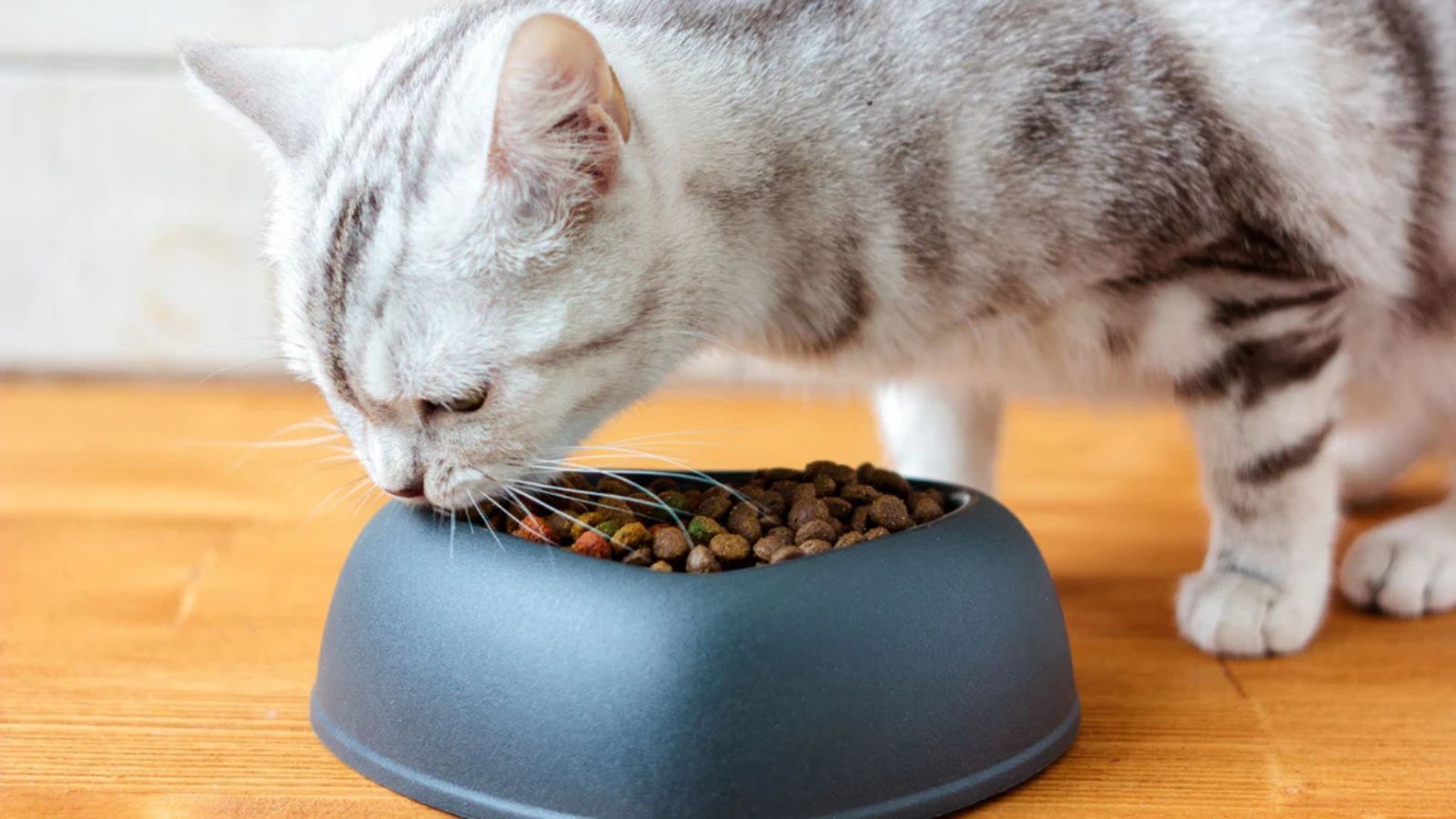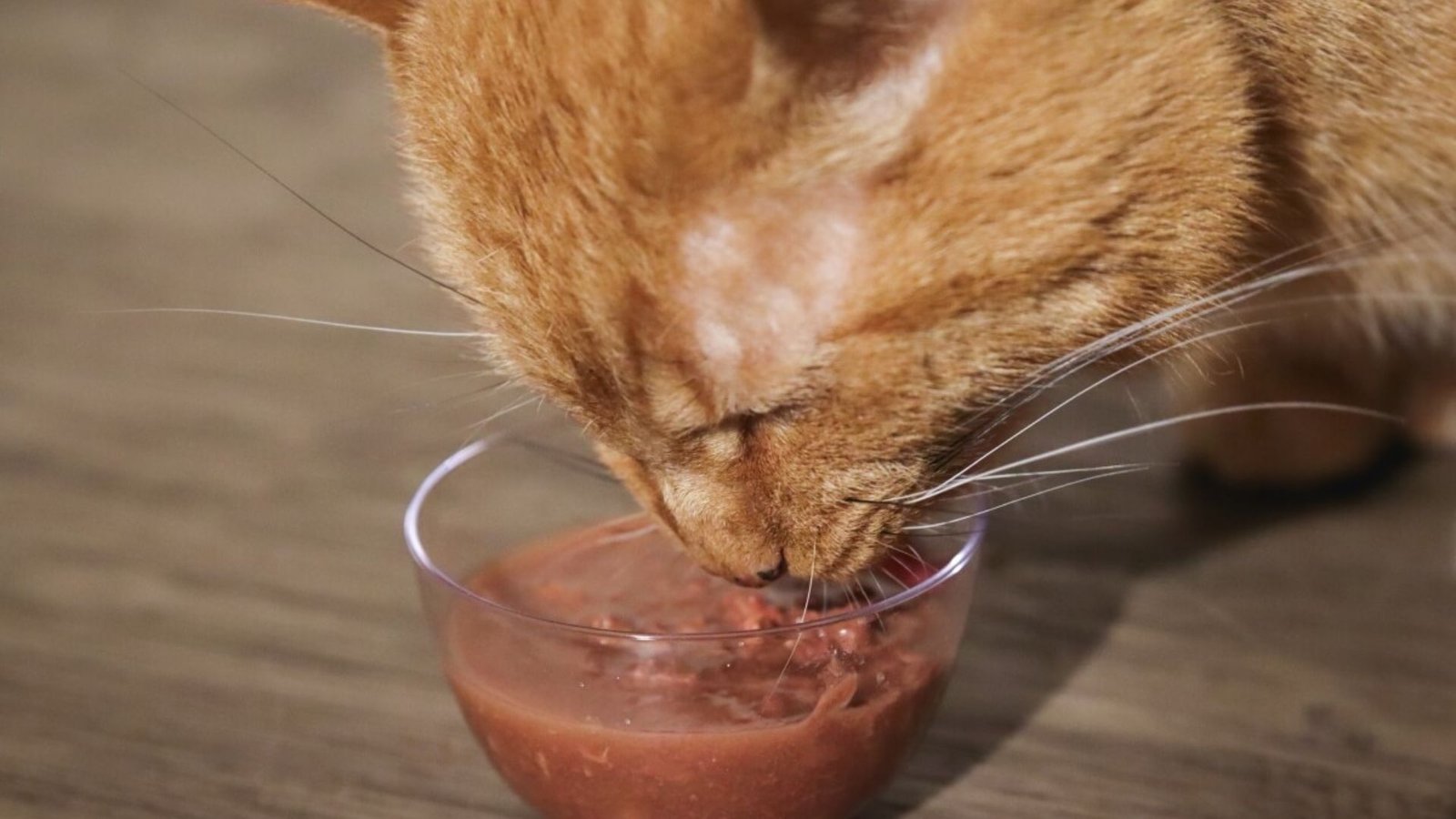Proper nutrition is essential for a cat’s health, and the dietary needs of your feline friend change as they grow. From playful kittens to wise seniors, cats require different types of food at each stage of life to ensure they stay healthy and happy. In this guide, we’ll take a look at the feeding practices for kittens, adult cats, and senior cats, and explain the best food choices for each stage.
1. Feeding Kittens: Growing Paws and Hungry Bellies
Kittens’ Nutritional Needs
Kittens are in a rapid growth phase, which means they need a diet that supports their development. Their bodies are not fully developed, so their nutrient requirements are higher than those of adult cats. At this stage, it’s crucial to feed them food that is high in protein, fat, and calories to fuel their growth.
- Protein: Protein is a building block for muscle, tissue, and organ development. A high-protein diet is essential to help your kitten grow strong and healthy.
- Fat: Healthy fats are also important for growth, energy, and developing brain function.
- Vitamins and Minerals: Kittens need higher amounts of calcium and phosphorus to support bone development.
How Much to Feed a Kitten
Kittens need to eat more frequently than adult cats due to their high energy requirements. For the first few weeks of life, kittens should be nursing from their mother or fed kitten formula. After weaning, they should transition to specially formulated kitten food.
- Weaning Stage (4-6 weeks): Start introducing wet or dry kitten food mixed with water or kitten formula to make it easier for them to chew.
- After 6 Weeks: Feed your kitten 3-4 meals per day. Most kittens will eat until they are full, but it’s essential to ensure they are eating enough to support their growth.
- Age 6-12 months: Continue with kitten food until they are around one year old.
Best Food for Kittens
Look for high-quality kitten food that’s designed to meet their unique nutritional needs. These foods are richer in calories, protein, and fat than adult cat food, ensuring that kittens get the energy they need for healthy growth. Both wet and dry kitten food options are available, but many experts recommend wet food for kittens as it’s more hydrating and easier for them to digest.
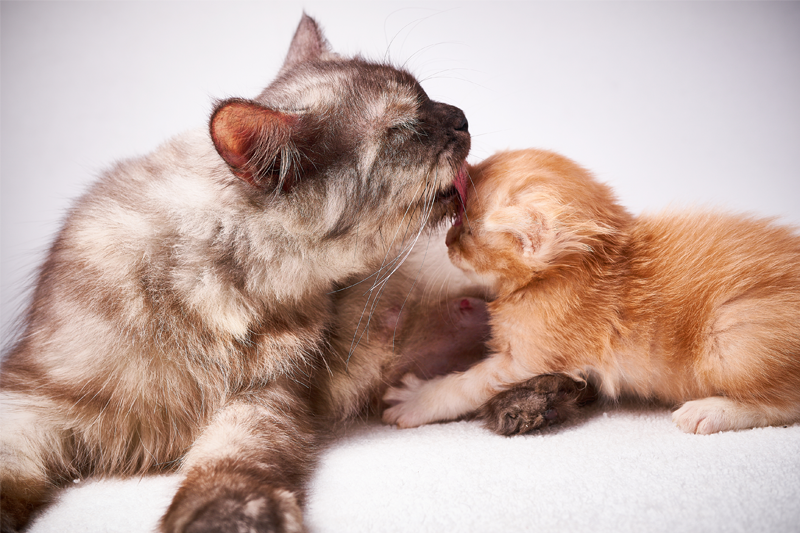
2. Feeding Adult Cats: Maintaining Health and Vitality
Adults Cats’ Nutritional Needs
Once your cat reaches adulthood (usually around 1 year old), their nutritional needs become more stable. Adult cats need a balanced diet to maintain their weight, muscle mass, and overall health.
- Protein: Protein remains the most important nutrient for adult cats, but the amount needed is slightly lower than in kittens. Aim for at least 30-40% of the diet to be protein from quality animal sources.
- Fat: Fats provide energy and support skin, coat, and cell function. The fat content should be moderate (around 15-20% of the diet).
- Carbohydrates: While cats are obligate carnivores and don’t require carbs, a small amount of carbohydrates (from sources like rice or peas) can be included in their diet.
- Vitamins and Minerals: A healthy adult cat will benefit from adequate amounts of vitamins (such as A and E) and minerals (like magnesium and calcium) to support immune function and overall health.
How Much to Feed an Adult Cat
Most adult cats do well with two meals a day. You may also choose to free-feed your cat with dry food, but portion control is important to prevent obesity, a common concern for indoor cats. Ensure your cat has access to fresh water at all times, especially if they eat dry food.
- Average Caloric Intake: Adult cats typically need 20 calories per pound of body weight per day. Adjust this depending on your cat’s activity level, weight, and metabolism.
- Weight Management: Keep an eye on your cat’s body condition and adjust their diet if needed. If your cat is overweight, consider reducing their calorie intake or switching to a weight management formula.
Best Food for Adult Cats
Look for a well-balanced adult cat food with high-quality animal protein sources like chicken, turkey, or beef. Avoid foods with excessive fillers or by-products, and ensure that the food is appropriate for your cat’s specific health needs. If your cat has any special requirements, like allergies or sensitivities, opt for specialized formulas (such as grain-free or sensitive stomach foods).
3. Feeding Senior Cats: Supporting Aging Bodies
Senior Cats’ Nutritional Needs
As cats age, their metabolism slows down, and their dietary needs change. Senior cats, typically defined as cats over 7 years old, may experience a decline in energy levels, and their bodies may require fewer calories. However, they still need protein for muscle maintenance and vital organ function.
- Protein: While older cats may not need as much protein as younger cats, they still require a good amount to help maintain muscle mass and support their immune systems. Look for senior cat food with higher-quality protein sources.
- Fat: Older cats often have lower energy needs, so a senior cat food formula with moderate fat content (around 10-15%) is ideal.
- Fiber: Senior cats can benefit from increased fiber to support digestion and prevent constipation, which can be common as they age.
- Joint Support: Many senior cat foods include glucosamine and chondroitin to support joint health and mobility.
How Much to Feed Senior Cats
Older cats tend to become less active, and their caloric needs decrease. It’s important to monitor their weight and adjust their food intake as necessary. Senior cats often do well with two meals per day, but you may need to provide more frequent, smaller meals if they have trouble eating large portions.
- Monitor Weight: Keep track of your senior cat’s weight and adjust portion sizes to prevent obesity or weight loss. If your senior cat is underweight, you may need to feed them higher-calorie food.
Best Food for Senior Cats
Look for specially formulated senior cat food that addresses aging-related health concerns, such as joint support and weight management. These foods are typically lower in calories, but they’re enriched with additional vitamins, antioxidants, and minerals to support immune health and reduce the risk of age-related diseases.
4. Conclusion: Tailoring Diet to Your Cat’s Life Stage
Feeding your cat appropriately for their age is one of the most important aspects of ensuring their long-term health and happiness. Kittens need high-protein, high-calorie food to support growth, adult cats need a balanced diet to maintain their health, and senior cats benefit from food that helps manage their changing bodies and aging joints. Always consult with your veterinarian to ensure that your cat’s diet is tailored to their specific needs, and keep a close eye on their health as they grow.
